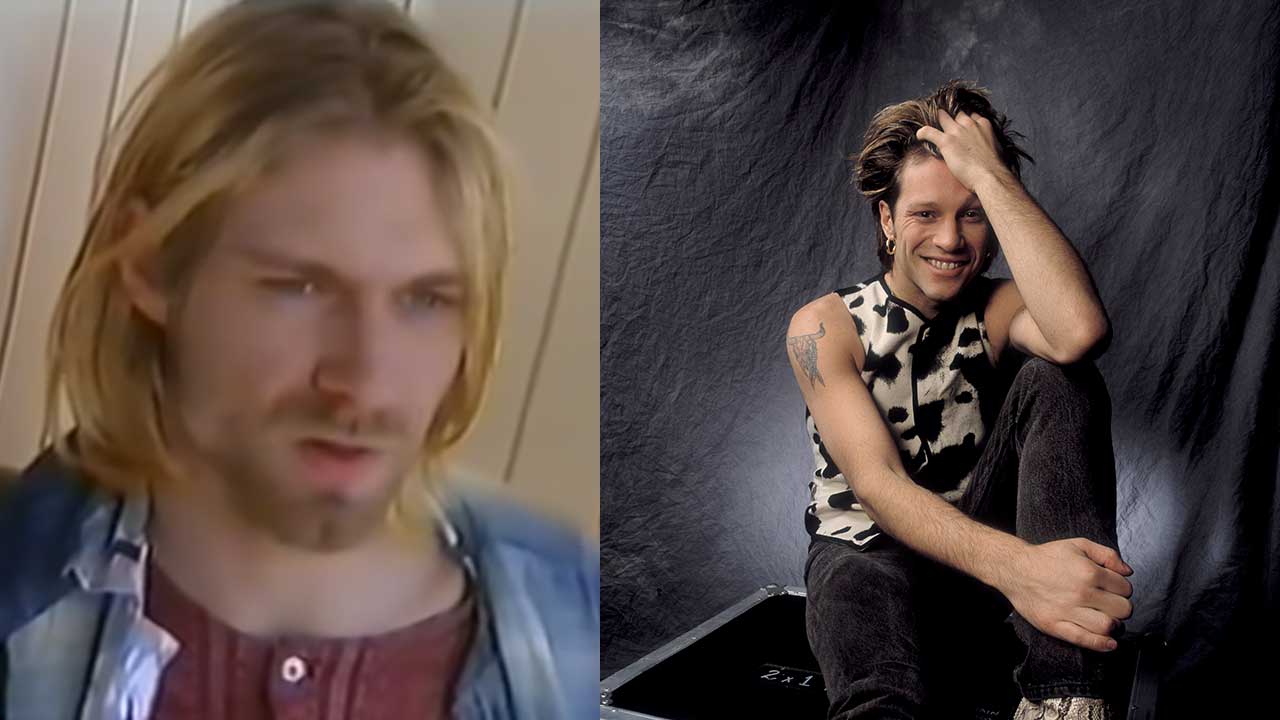
One of the things Nirvana were proudest of in their career wasn’t the multi-million-selling success or six-figured royalty cheques headed their way, but how they might have played a part in shining a light on music that might have previously fallen by the wayside. In a lengthy video interview with German journalist Edgar Klüsener in 1993, which you can watch below, Krist Novoselic marvelled at being in the music section of a small department store in Longview, Washington and noticing that it continued releases by Mudhoney, Sebadoh, Sonic Youth and more. “A couple of years ago that was impossible,” agrees Kurt Cobain. “The kids down there are exposed to that and it’s really positive,” nods Novoselic. “What’s happened to us has opened a lot of doors.”
But, of course, there was a flipside in becoming so huge too. The way Novoselic saw it, the pre-Nirvana landscape was made up of what he called the “those old rock dinosaurs, the hairspray bands hanging on doing the same thing, emulating Hanoi Rocks.” Standing next to him, it prompts Dave Grohl to recount what a photographer had recently told him. “We did a photo shoot with someone for the cover of a magazine,” says the long-haired, fresh-faced Grohl, “and he was telling us the story of how Bon Jovi came in with a flannel shirt on and said, ‘make me look like Nirvana’. If Bon Jovi wants to look like us, you know something is wrong.”
The story certainly gets Cobain’s attention. “That’s pretty flattering,” says the singer. “It just proves he’s a desperate, untalented piece of shit.”
Later, Kurt ponders how having his own band constantly in the press and being written about affected how he viewed other groups. “I don’t even find myself having very many opinions on bands anymore or putting them down because I don’t know these people,” he says, thoughts once again returning to Jon Bon’s crew. “Bon Jovi could be one of the nicest people in the world… his music sucks but I don’t even want to bother with expressing those kind of opinions anyway,” he said, immediately after expressing those opinions.
Watch the interview in full below.







